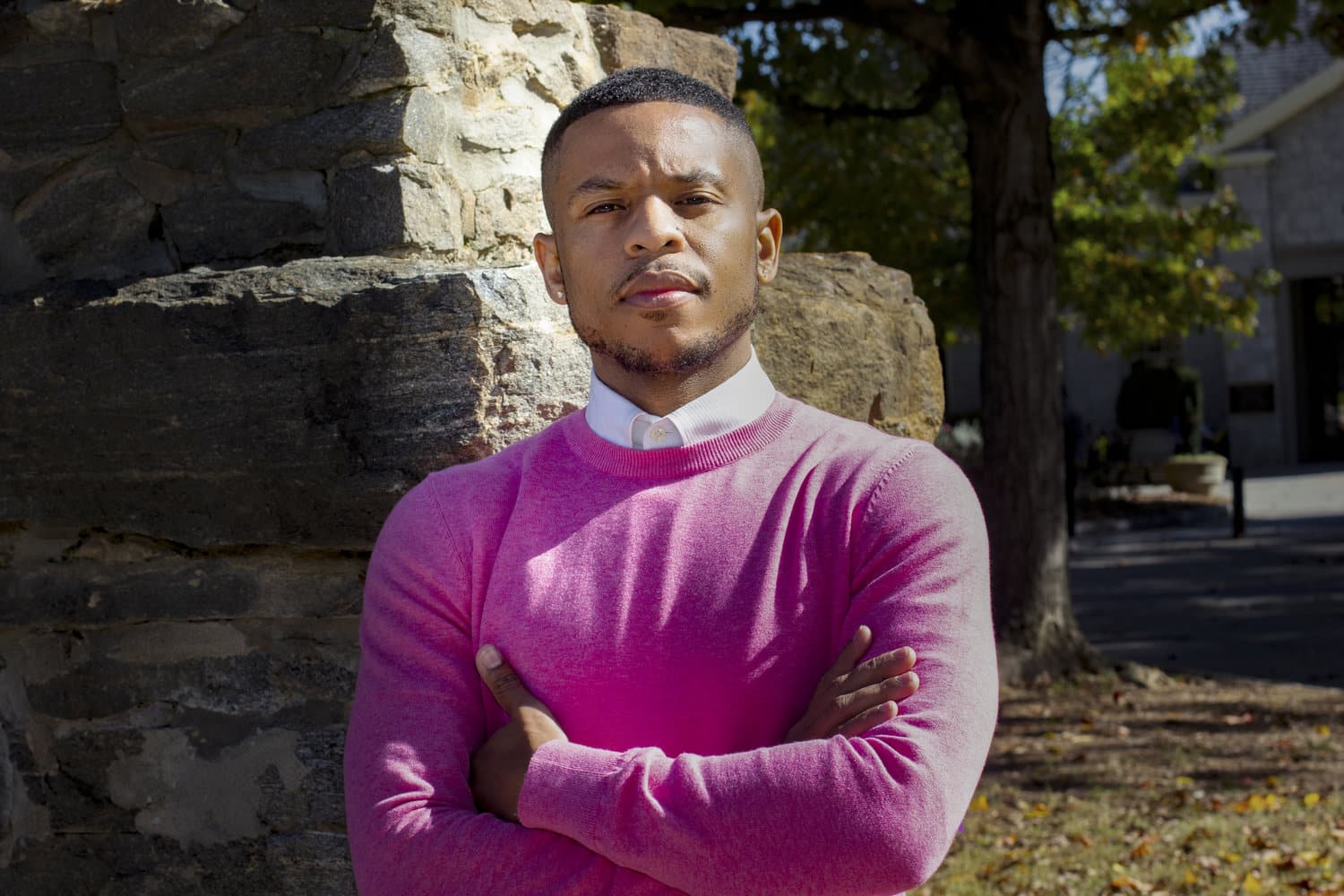
Yolo Akili Robinson is the Founder and CEO of Black Emotional and Mental Health (BEAM). He began his career in public health supporting Black communities as an HIV/AIDS counselor. He then branched into violence prevention, working as a family intervention counselor with Black men and boys for Men Stopping Violence. In addition to his emotional health work, Akili has written for numerous publications including the Huffington Post, Atlanta Journal Constitution, Ebony and Everyday Feminisms.
We wanted to talk with Yolo about how COVID-19 has impacted his work and how he envisions a future as the Black Lives Matter Movement continues to work towards racial justice.
How has the intersection of Covid-19 pandemic and the Black Lives Matter Movement changed or altered the conversations you’re having at BEAM?
It hasn’t changed the conversation, but it definitely has deepened it. Navigating trauma, anxiety, stress and so much more has always been the work we do, however COVID-19 has amplified that distress. We are seeing folks who are dealing with a different dimension of grief, due the way in which COVID-19 has prevented folks from being connected to their loved ones prior to or post transition. The isolation, coupled with increased anxiety about the state of country is creating an mental health distress that will reverberate for decades to come.
In this moment and movement, how are you reimagining a “new normal” for the future of mental health and advocacy for BIPOC communities?
I am not sure if I believe in a normal,but I know one thing that must be normalized is continuing to fight for Healing Justice. It means dismantling toxic systems and reimaging mental health care that is not linked to the criminal legal system, and care modalities that are not just designed for wealthy white folks but that work for all of us. This is at the heart of our #BuildABlackVision for mental health initiative, which is convening partners across the country to imagine a future for our healing. We feel it’s our responsibility to our folks, along with so many other organizations like the National Queer & Trans Therapists of Color Network, Kindred Healing Justice Collective, Harriets Apothecary and many more who feel the same– to build new systems of care. We are going to need them as we move into the upcoming months and the stress and duress rises.
From the BET awards to Jordan Peele’s support, BEAM has received a lot of attention lately, how are you balancing this with planning for the organization’s future?
It’s been an honor to get the attention. The wave, unfortunately, will come to a lower tide; but regardless our mission is the same. And we have been clear that the increased attention is just another opportunity to scale up the work. It’s an opportunity to shine a light on our folks needs, and why the current system isn’t working as well as highlight our amazing partners across the country who are helping us hold our folks down. This moment of spotlighting us is an opportunity to make sure folks know Healing Justice work, within and beyond BEAM, must be central in all our lives.
With Black Trans communities experiencing disproportionate rates of violence, how can we center Black Trans Lives and wellness in our everyday work towards social justice?
There are so many Black trans voices; Toni-Michelle Williams, Holiday Simmons, Aaryn Lang, Tourmaline are some of the folks who continue to grow us in our work. They constantly convey to us that we must pay and hire trans folks, abolish prisons, art and center innovative healing practices. We can’t just center Trans folks when it’s about death. How do we center trans life and liberation and joy? What does that look like for sustainability? I would also suggest people look to the amazing work of the Compton Transgender Distrcit and the Trans Justice Funding Project, The Okra Project, SNAP and support their work.